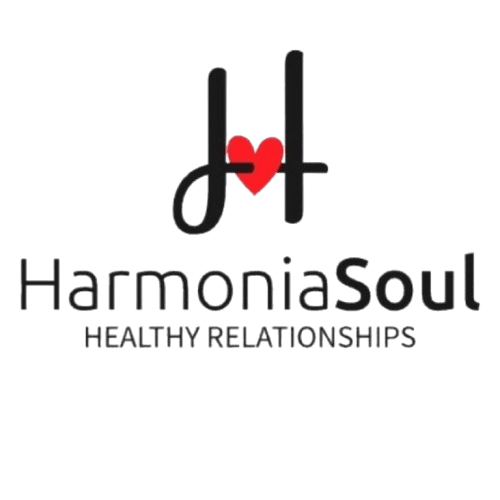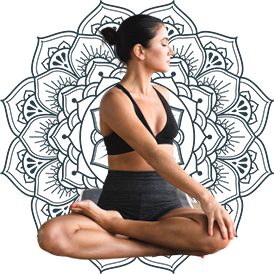Soul is your internal compass, guiding you through the chaos of modern life. It’s the place inside you that stays calm, even when everything else feels out of control. It’s where your strength, clarity, and emotional balance begin.
When paired with the gentle power of self-compassion, your spiritual self becomes a source of healing. You learn to embrace your emotions instead of resisting them, and to treat yourself with the care you deserve. This creates a foundation for lasting inner peace.
Add to that the practice of mindfulness, and you awaken to the present moment. You begin responding from awareness rather than reacting from fear. This is the essence of living soulfully — and it starts now.

Why Your spirit Is the Anchor in a Chaotic World
We live in a world that rewards speed, productivity, and perfection. Yet, underneath it all, many feel disconnected — from themselves, others, and peace.
Authentic self, unlike ego which reacts with fear and comparison, is:
- Whole, even when you feel broken
- Worthy, even after mistakes
- Calm, even amid chaos
When you lead with the authentic self, you stop reacting from fear and start responding from love — this is not bypassing; it’s alignment.
5 Soul-Centered Truths That Heal the Human Experience
1. You Are a Spiritual Being — Not Just a Human Trying to Be “Good”
Spirit is not a part of you — it is you. It’s the gentle observer behind every thought, the one who forgives and holds presence.
Ask:
“What would my soul see here?”
Even pausing to ask this brings you back to your center and strengthens self-awareness.
2. Mindfulness Is the Bridge Between essence and Body
You can’t live from the higher self if you’re disconnected from your body. That’s where mindfulness comes in — not a trend, but a daily practice.
Mindfulness meditation isn’t about silencing your mind. It’s about noticing:
- The tightness in your chest
- The story behind your reaction
- The breath beneath the storm
Try this:
- Pause
- Breathe deeply
- Place your hand on your heart and say, “I’m safe. I’m held.”
APA Study on mindfulness and emotion regulation
3. Your Emotions Are Messengers — Not the Enemy
Anger, sadness, fear — they’re not flaws. They’re signals from within.
Ask:
“What part of me feels afraid?”
“Where did I forget to be gentle with myself?”
This is attentive state personal compassion in motion — offering understanding instead of judgment.
4. Relationships Are Soul Mirrors — Not Tests to Pass
Every conflict or trigger in a relationship is a call to grow and reconnect with your guiding presence.
Ask:
“What part of me is reflected in this?”
When you relate soul-to-soul:
- You speak with empathy
- Set boundaries with love
- Forgive easily, knowing we’re all learning
5. Even Your Most Human Moments Are Sacred Ground
Tears, regrets, mistakes — these aren’t setbacks. They’re sacred portals.
Your guiding presence didn’t choose this path to avoid pain — it came to evolve through it.
Affirm:
“I am here. I am enough. I am allowed to feel.”
Daily Practice: 5-Minute core being Ritual
Reconnect with your sacred self through this daily mindfulness ritual:
- Sit quietly without distractions
- Inhale deeply through your nose, exhale slowly through your mouth
- Place your hand on your heart and say:
“I am here. I am enough. I am allowed to feel.”
- Visualize your inner light — wise, calm, loving
- Whisper:
“I am whole and continuously evolving.”
Pair this with meditation and sleep hygiene for deeper healing in your subconscious.
A Closing Reflection: What Is the Soul Across Traditions?
As we explore the deeper layers of self, it’s worth pausing to reflect on how different wisdom traditions have tried to name the ineffable essence within us — what many call the authentic self.
In Hinduism, the divine self is known as Ātman — eternal, unchanging, and ultimately one with the divine source, Brahman. The journey of the divine self is a return to this truth, dissolving the illusion of separation.
In Buddhism, divine self as a permanent self is gently deconstructed. The teaching of Anatta reminds us that what we perceive as “I” is a constantly shifting stream of experiences. Liberation comes not from finding a essence, but from releasing the need to hold one.
And in Jainism, the Jīva is the spirit — unique, luminous, and eternal. It is bound by karma but destined to rise, through purification, to its original, enlightened state.
Each path offers a different lens, yet all seem to point us back inward — to presence, to awareness, to a deeper remembering. Whether we call it soul, self, or simply being, there is something sacred in this inquiry.
May your exploration bring you closer to whatever feels most true within.
FAQ
What does it mean to live from the essence?
It means responding from love and presence rather than reacting from fear or pressure. It’s about choosing alignment over autopilot.
How does mindfulness support self-compassion?
Mindfulness allows you to observe without judgment, opening the door to treat yourself with kindness — the foundation of self-compassion.
Can meditation support emotional healing?
Yes. Studies show meditation and mindfulness reduce stress, increase emotional awareness, and heal unconscious patterns.
Final Thoughts: You Are Already Home
You don’t need to chase peace, perfection, or even purpose — your core being already carries them within you. The journey is simply about remembering.
By practicing mindfulness and nurturing self-compassion, you create a home within yourself. A space where both your humanity and your divinity coexist.
So take a breath. Come back to your body. And listen — your higher self has never stopped speaking.
“You are not lost. You are loved. And you are exactly where you need to be.”


